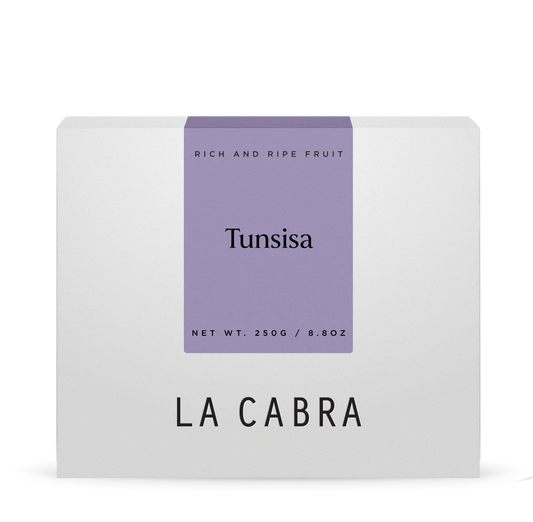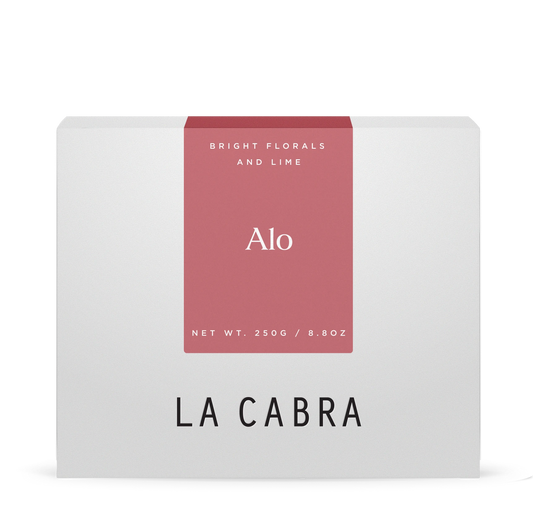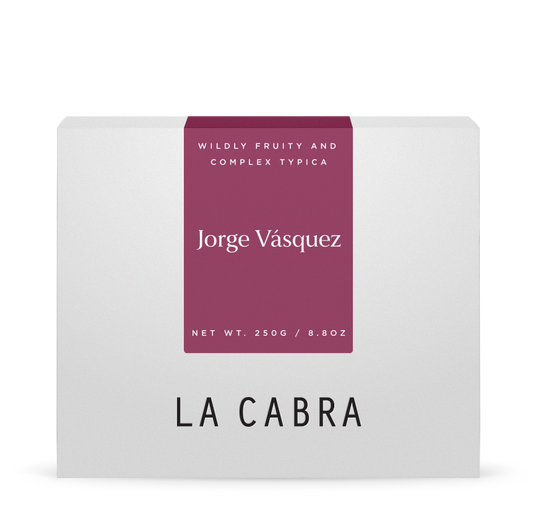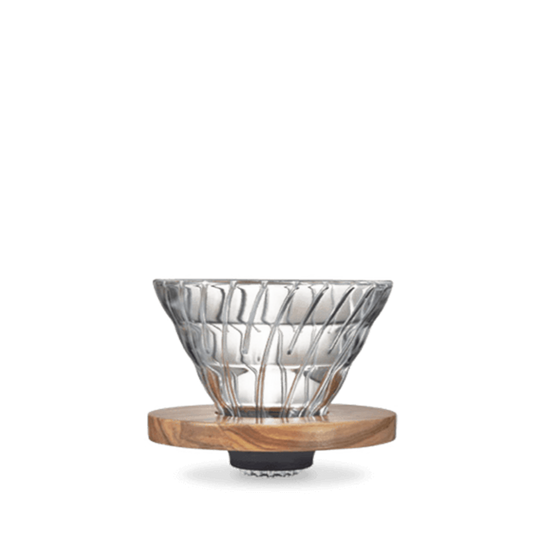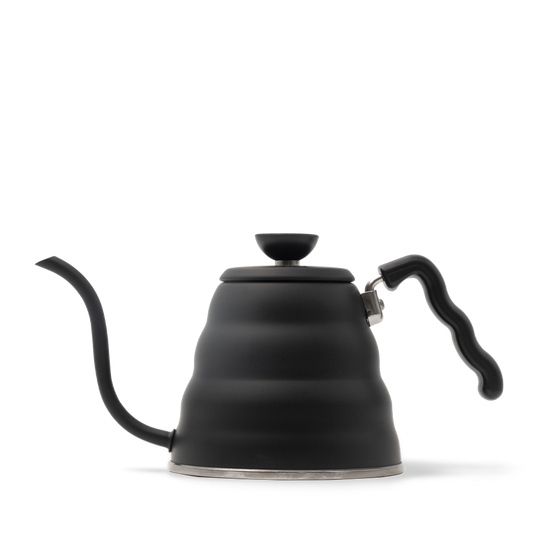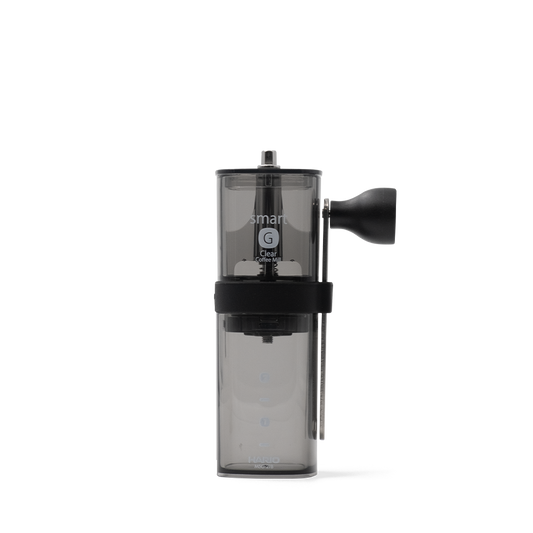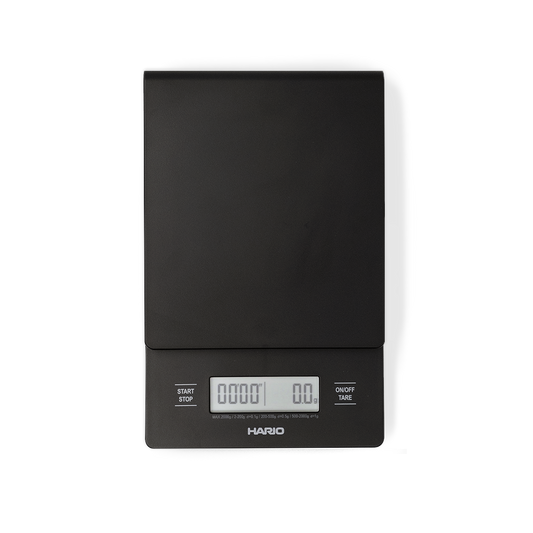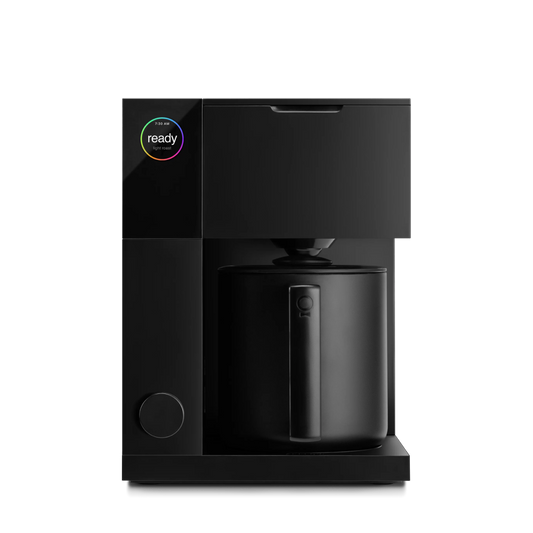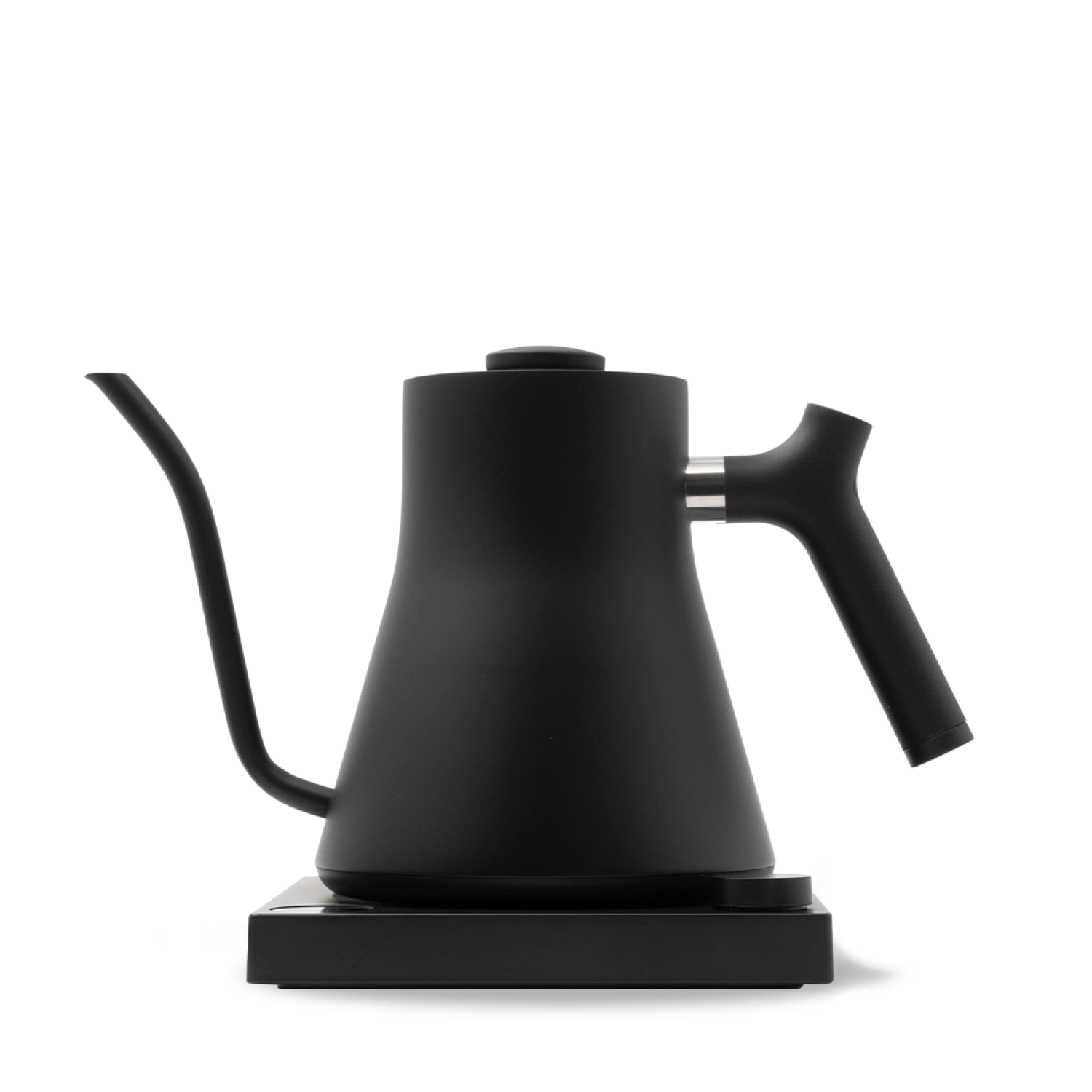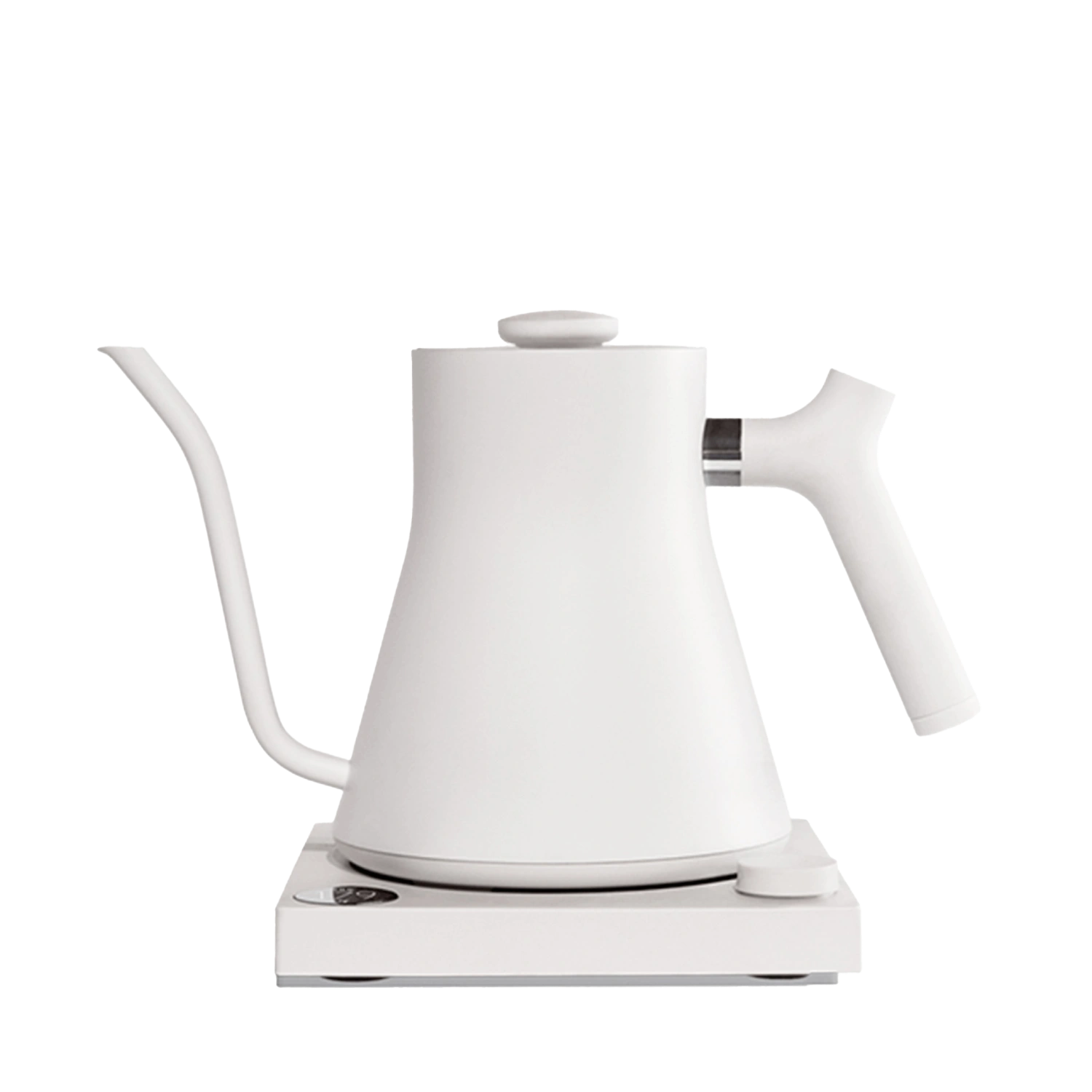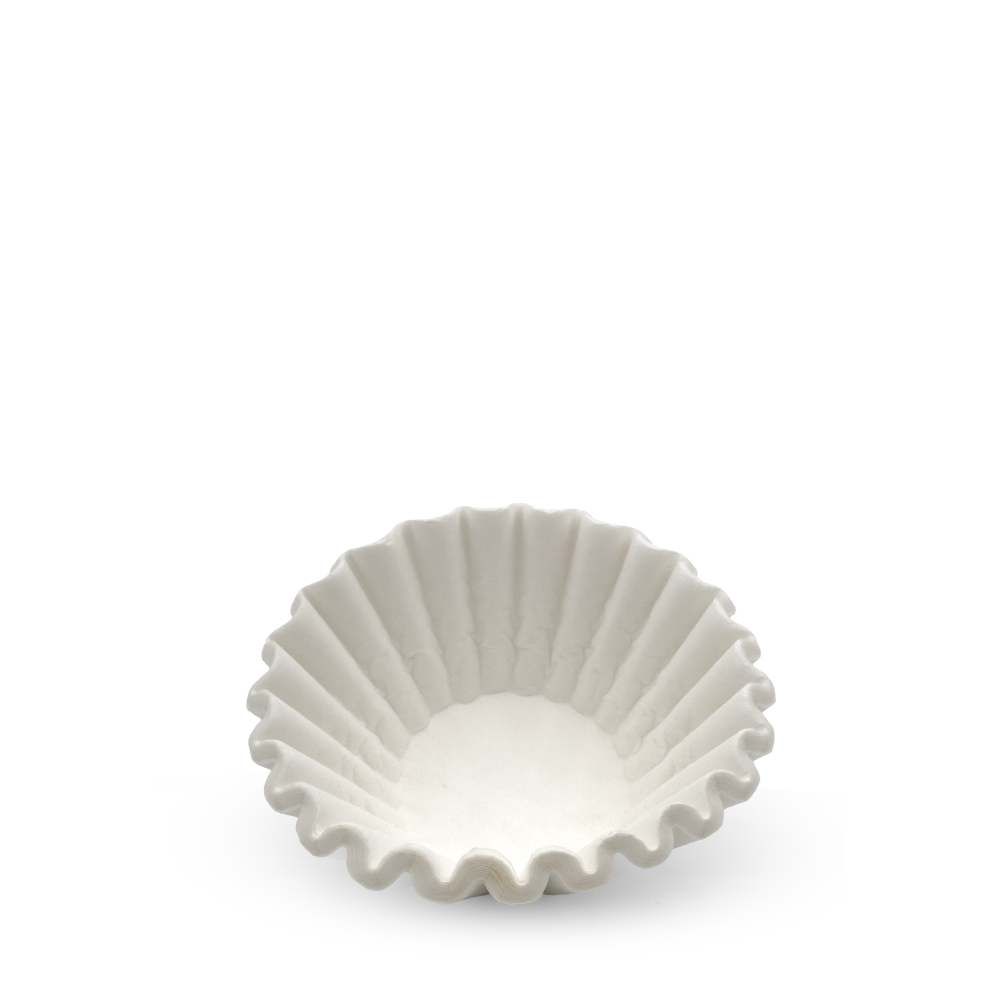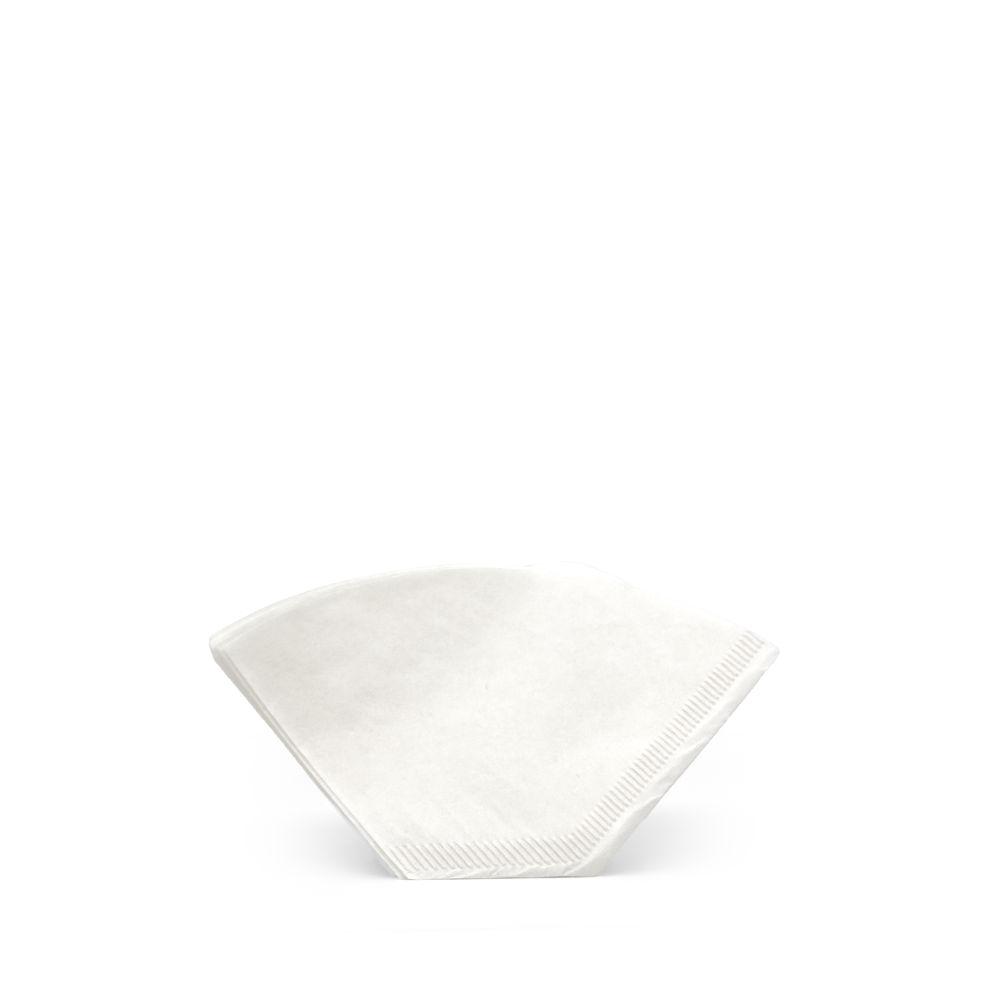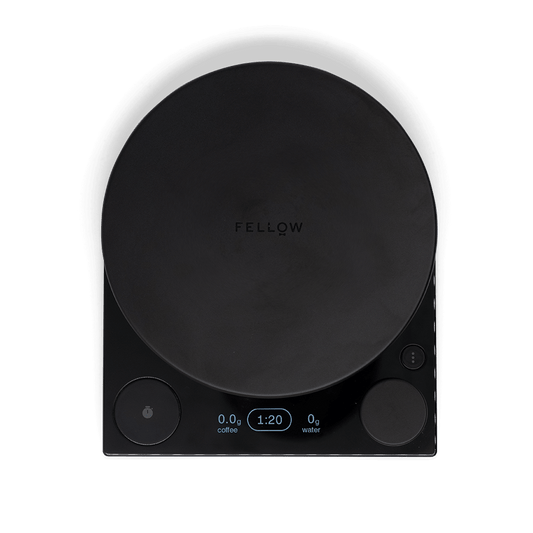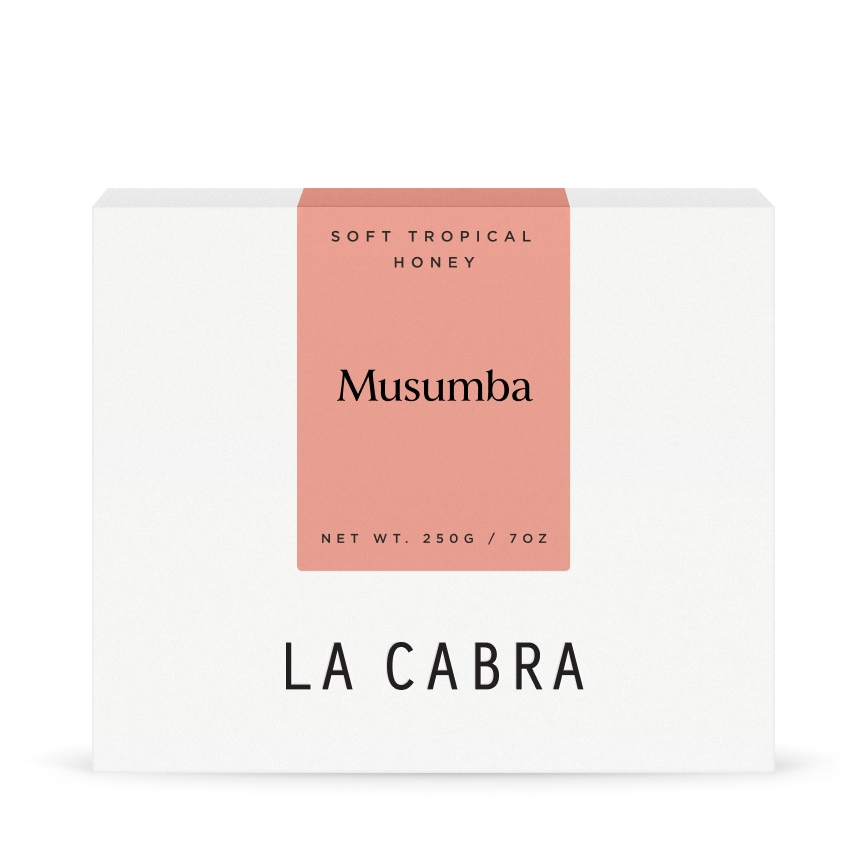
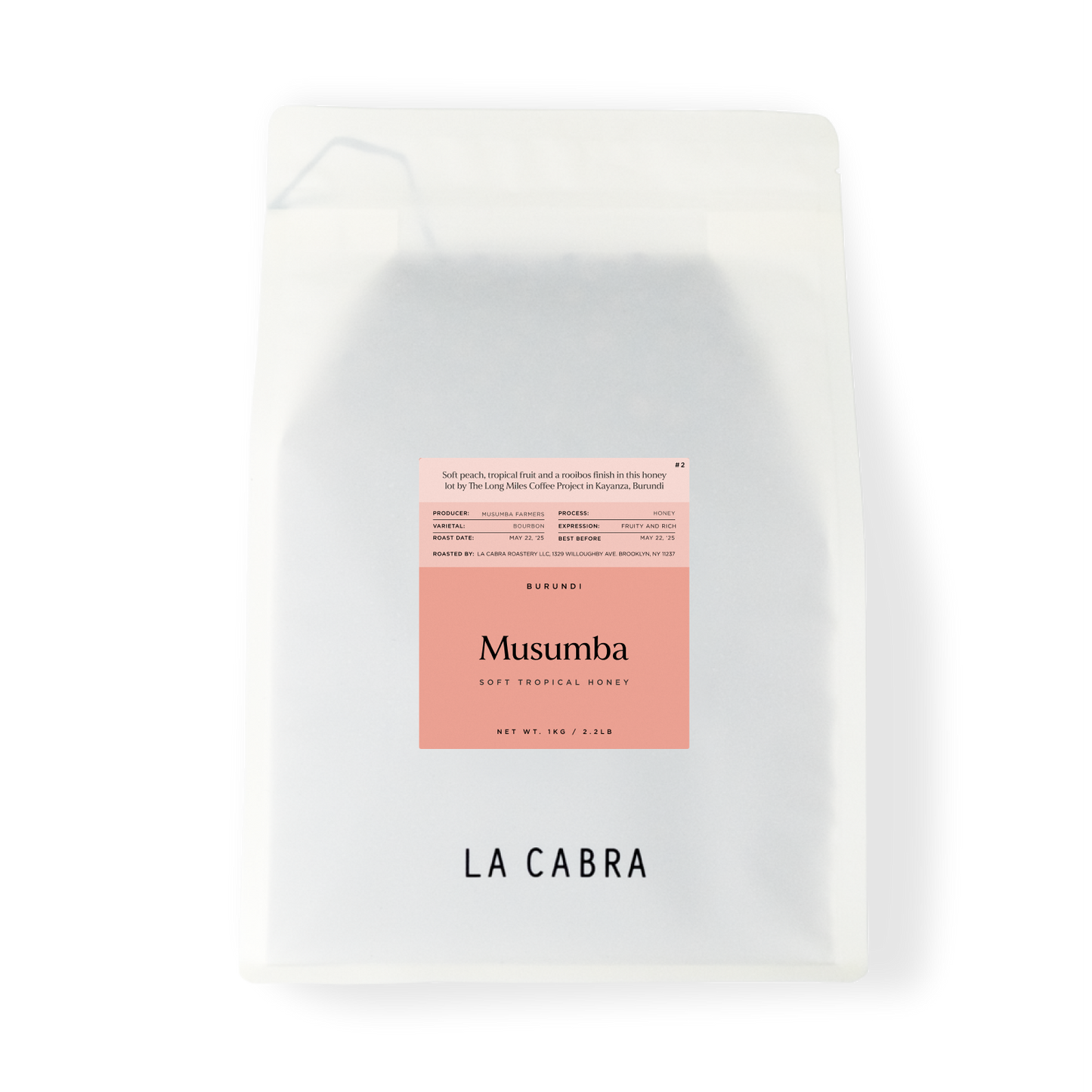
The Long Miles Coffee Project
The Long Miles Project, founded by Ben and Kristy Carlson, began work in 2013, aiming to raise the bar of specialty coffees coming out of Burundi. The project works with more than 5,000 individual coffee farmers living near three central washing stations, Bukeye, opened in 2013, Heza, from 2014 and Ninga, which had its first harvest in 2020.
There are several reasons why producing speciality coffee in Burundi is an incredibly difficult task. There’s the incredibly unstable political situation, where government can change rules on coffee prices and value chain seemingly overnight, the practical challenge of being a small landlocked country attempting to export coffee by sea freight, the constant threat of unrest. But through it all the Carlson family have managed to establish themselves as producers and exporters of consistently delicious coffees, all the while providing some semblance of stability to the lives of smallholder farmers that surround their washing stations in the northern Kayanza Province, near the border with Rwanda.

Continuing on the cyclic nature of Burundi’s coffee harvest, this year has seen another jump in production. Volumes are significantly higher than last year, but not quite as large as the bumper harvest of 2022. Quality has remained at an excellent level, thanks to the Long Miles team’s tireless work at each of the stations.
Coffees from Musumba are processed at Long Miles’ original station, at Bukeye. Musumba is another remote region, with a lack of support for farmers here. Farmers pass by two other stations in order to work with Long Miles at Bukeye, as the financial and agronomic support provided here is on a different level. Musumba is otherwise known for the production of bricks, with smoke billowing from small homemade furnaces throughout the day.

This lot was first de-pulped, before an anaerobic fermentation of 48 hours in sealed plastic tanks. The coffee is then taken directly to raised beds, with mucilage still attached. The coffee is then dried as a honey, turned often over 20-30 days, depending on weather conditions. The anaerobic pre-fermentation of this lot leads to notes of soft peach, complex tropical fruit and a delicate, herbal rooibos finish.


-v1748359532887.jpg?2417x1200)







